
Tonight I'm thinking about politics. Because I wrote a bad scene today, a scene in my new book, a chunk of clunky dialogue about war, which I could NOT get right. So now I'm wondering whether our political leanings have any place in children's literature. I'm not sure...
I mean, on the one hand, I feel like they absolutely do. Like children's literature is the best place to help educate our young in subtle, serious ways... the best place to teach them that when we talk about "politics" we're really just talking about how to treat people. Justice. Service. Faith. Books are the best way I know to talk about such things.
And yet...
And yet when I hear about an overtly political book I cringe a little. Even if I agree with the politics. Even if the book comes from a press I love and admire. They tend to be message-y, such books-- heavyhanded. A little dumb.
So thinking about this today, I wracked my brain, tried to think of children's books I liked, but that carried political messages. And I thought of Ferdinand!
Remember Ferdinand? The bull who didn't fight, who preferred to smell the flowers?
Written by Muro Leaf and illustrated by Robert Lawson, Ferdinand is a "charming" book, though that's a term much abused (and overused) in reviews of bad (trite, sacharine) children's books today.
But let's think about what "charm" is. Charm is a kind of deception. An understated attraction. And Ferdinand is both deceptive and attracting.
There's a brilliance to the simplicity of Ferdinand. The juxtaposition of a little cork tree and a bullfight in Madrid. The conflict of bee and bull. Size as a misread indication of anger, violence. A fallacy. The myth of our automatic roles in the world. And passive resistance as ultimate power.
We could all stand to think a bit about Ferdinand this year. It is as apt a metaphor now as ever it was in 1938, in Spain. We could all stand to consider how the fact of being a big bull does not require one to snort and stab.
With classic line drawings that match Munro's artful text, Ferdinand should be required reading for those of us (like me) attempting fruitlessly to batter home a message with an iron pen (or keyboard).
The test of whether propaganda is good? Is art?
When you read a political children's books, I think you should feel confused. You should have to ask yourself, "Are they talking about what I think they're talking about?" You should not be sure.
Because if you know for sure what the message is, it'll only serve in preaching to the choir.
And even then, probably only if it's a really dumb choir.
In closing, I want to say that I have high high hopes for this book, the Little Gernal and the Giant Snowflake, but I ahven't read it yet...
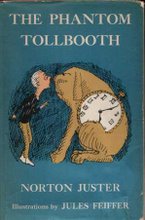
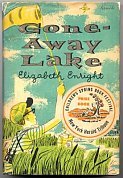
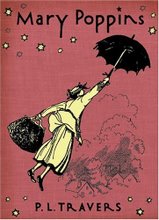
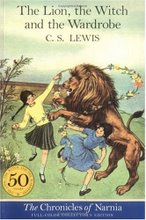
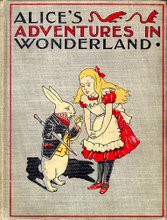
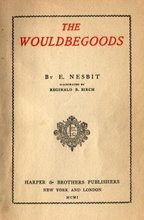
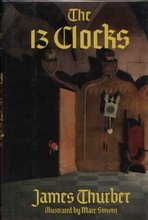
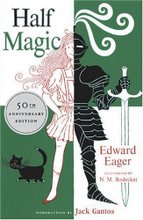



2 comments:
Right there with you on feelings about message-y books. Thanks for a thoughtful perspective on this. I like your definition (if you know for sure what the message is, it's probably too strong).
In the way that some things are coded politically, I think we can't help but be political in our writing, even when we don't have a Message or an Issue to push.
For example, I think my choice in my book to have the girl character be strong and intelligent and in pursuit of her own goals is a politicized choice and it does reflect my political leanings (if you accept that to be a feminist is to be a liberal). On the other hand, a book with unexamined gender stereotypes pushes certain political buttons in me as a reader.
Even in something as seemingly unpoliticized, like, say the Little House books show Laura Ingalls Wilder's attitudes toward government interference in the settlers' lives.
I don't much like overtly tendentious books no matter which way they lean, though.
Post a Comment